Previous Dourdeville Lectures
Previous Dourdeville Lectures
 2025: Stacey F. Bent, Stanford University
2025: Stacey F. Bent, Stanford University
Jagdeep and Roshni Singh Professor
Tiny Layers, Big Impact: New Tech for Chips, Batteries, and Beyond
November 10, 2025 | 5:30pm
Watch the lecture
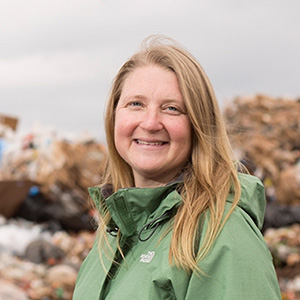 2024: Jenna Jambeck, University of Georgia
2024: Jenna Jambeck, University of Georgia
Distinguished Professor of Environmental Engineering
Turning the Tide on Plastic Pollution
November 12, 2024 | 5:30pm
Watch the lecture
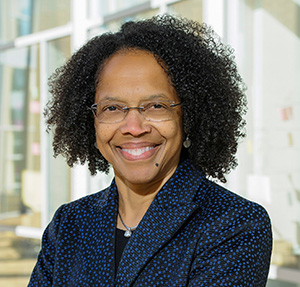 2023 - Gilda A. Barabino
2023 - Gilda A. Barabino
President and Professor of Biomedical and Chemical Engineering at Olin College
Engineering for Impact
Nov. 28, 2023, 4:30 p.m.
Watch the lecture
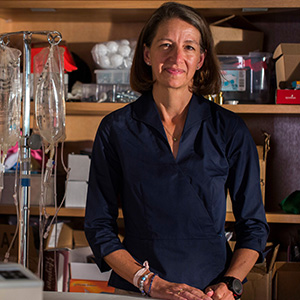 2022 - Rebecca Richards-Kortum
2022 - Rebecca Richards-Kortum
Malcolm Gillis University Professor and member of the Department of Bioengineering at Rice University
Designing and Delivering Medical Devices to Help Every Newborn, Everywhere Survive and Thrive
Feb. 27, 2023, 4:30 p.m.
Watch the lecture
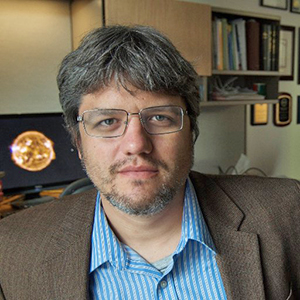 2021 - Paul Dauenhauer
2021 - Paul Dauenhauer
Lanny and Charlotte Schmidt Professor, University of Minnesota
Imagining a Fully Sustainable Carbon Future of Materials and Energy
October 5, 2021 at 4:30 pm
Watch the lecture
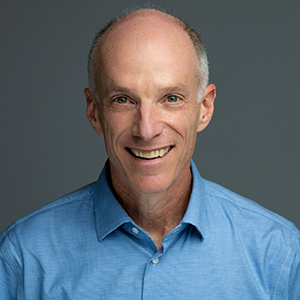
2020 - David Sedlak
Plato Malozemoff, Professor in the Department of Civil & Environmental Engineering, UC Berkeley
Technological Solutions for the Rest of the World’s Water Crises
November 12, 2020 at 5 pm
Watch the lecture
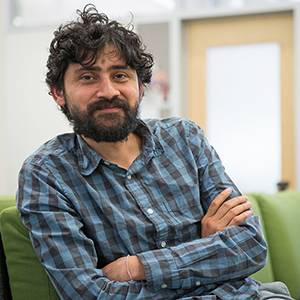 2019 - Manu Prakash
2019 - Manu Prakash
Associate Professor of Bioengineering, Stanford University
Frugal Science
Improving accessibility to science through low-cost technology
November 19, 2019 at 5 pm
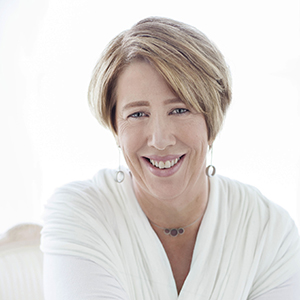 2018 - Mary Lou Jepsen
2018 - Mary Lou Jepsen
CEO and Founder Openwater
Using Light to See Deep Inside Our Bodies and Brains
October 16, 2018 at 5 pm
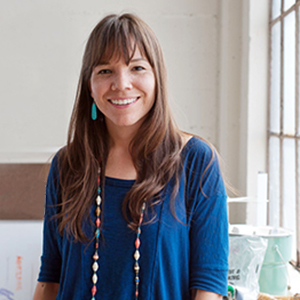 2017 - Heather Fleming
2017 - Heather Fleming
CEO and Co-Founder Catapult Design
Design as a Tool for Change
November 6, 2017 at 6 pm
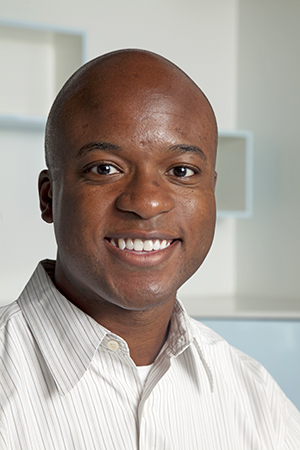 2016 - John Dabiri
2016 - John Dabiri
Professor, Civil and Environmental Engineering and of Mechanical Engineering, Stanford University
Opportunities and Challenges for Next-Generation Wind Energy
November 11, 2016 at 4:00 pm